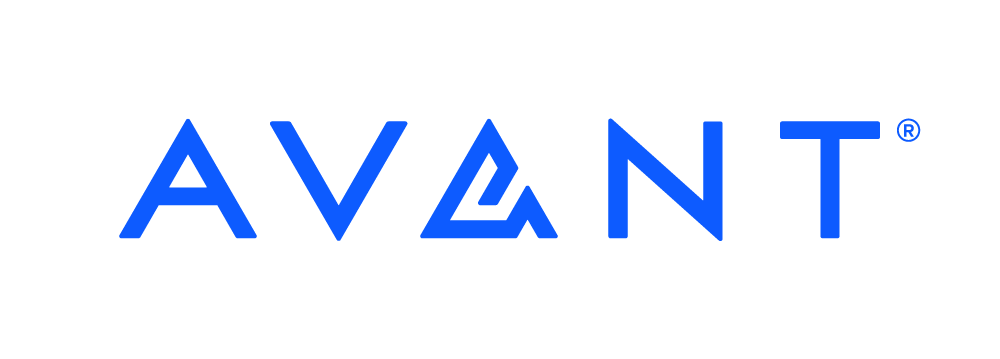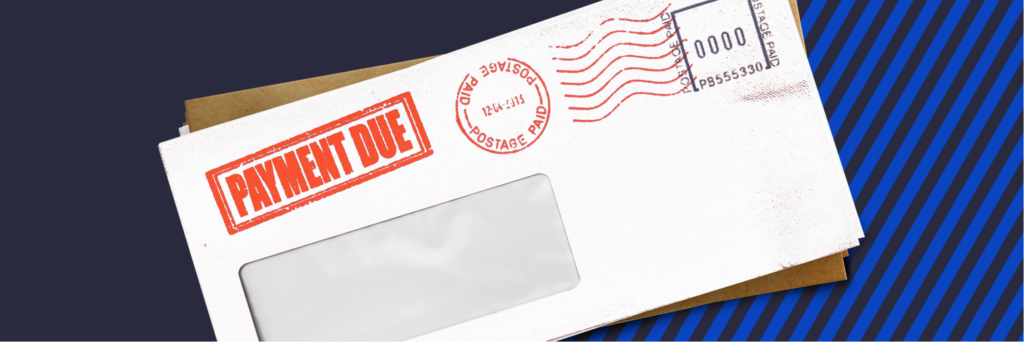A Quick Financial Resource Guide for Americans Affected by COVID-19
The COVID-19 pandemic is officially disrupting America’s paychecks, and it might for quite some time in the future. We compiled some resources to help you get through these uncertain times. This list is far from comprehensive because the situation is changing rapidly, so make sure you’re staying on top of the latest news. Check back on our blog for future updates.
Your State May Offer Unemployment Benefits
New federal law doesn’t require employees to have quit their jobs in order to receive benefits in some cases related to COVID-19. If you lost some work hours, but haven’t been officially laid off or quit, you might be eligible for unemployment insurance compensation.
On March 12, 2020, The U.S. Department of Labor released new guidance that allows states significant flexibility to amend their unemployment insurance benefits related to COVID-19, including hours lost from temporary business closures, caring for family members, or individuals temporarily quarantined with the expectation they return to work.
You can find out specific information for your state here.
Do Your Taxes, Not Just for a Return
If you haven’t yet done your taxes, you might have another incentive besides a return this year. The federal government just passed a stimulus package that will make direct cash payments to U.S. citizens.
The details are extensive, but payments will be sent by check in the mail or directly deposited in your bank account, so you’ll want to make sure your information is up to date with the IRS. Nobody wants a stimulus check going to an old address or defunct bank account.
If you’ve been waiting because you owe taxes, there’s always the option to defer filing until later in 2020, and the IRS just extended the tax deadline filing deadline to July 15, 2020. Whether you file or defer, we suggest you get current information to the IRS to ensure your stimulus check gets to you.
Inquire About Assistance Programs
Whether it’s your loan payment, a credit card bill, or your electric bill—if you’re going to miss a payment, you should reach out and ask what your options are. Oftentimes, companies have payment extensions, waived fees, and other hardship programs designed to help you. See Avant’s COVID-19 response for more information. Sometimes it’s as easy as moving a payment date a week or so to give you room to breathe.
Ask Your Employer About Your Options
It might be a stretch, but it’s always worth asking what programs your employer has to help. Whether it’s early withdrawals on your 401K plan or simply getting a refund on your commuter benefits package, it never hurts to ask. For instance, a site called Dining at a Distance was created to support restaurant workers affected by COVID-19. Be creative. Employers want to help. Sometimes they just need ideas.
We hope you found this article helpful, we’ll try to update more ideas here in the coming days, as the Federal Government develops its response to the pandemic. We want you to know you can always ask for help, so if you’re having any issues during these hard times, please reach out to us at 1-800-712-5407.




